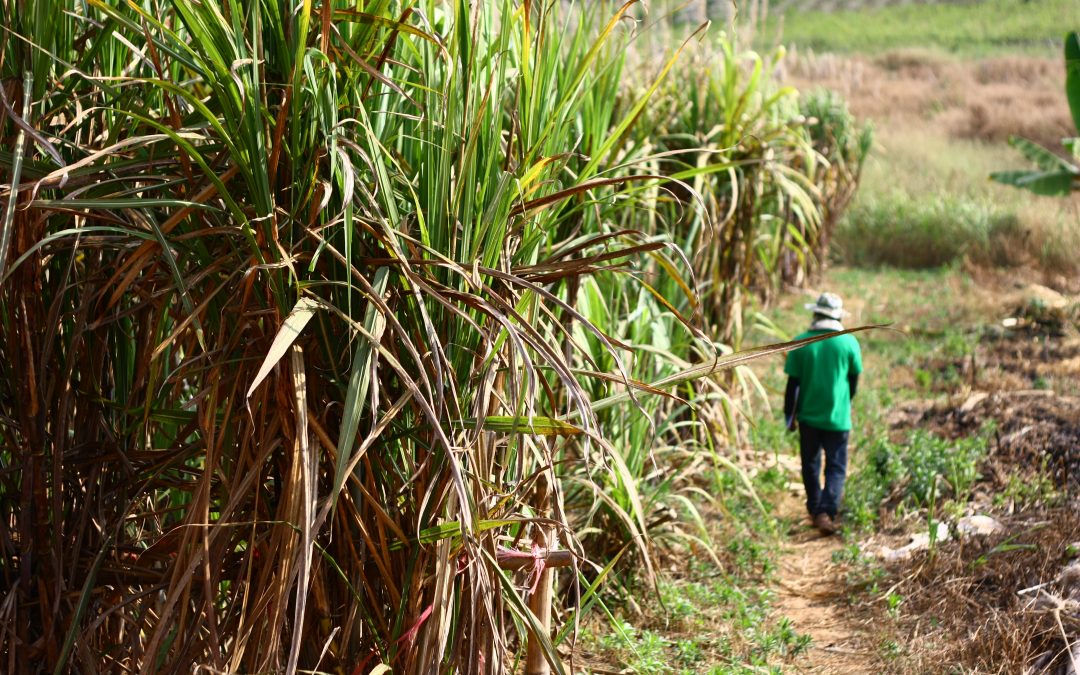In their Review “Landscapes that work for biodiversity and people” (19 October, p. eaau6020), C. Kremen and A. M. Merenlender discuss techniques that can preserve both ecosystem services and biodiversity in landscapes that have been modified by humans. They suggest that working lands can form useful peripheries to core protected areas. However, if appropriately managed, working lands can do more than just provide appropriate land use around strictly protected areas. Some working lands and less-strict forms of protection afford comparable conservation outcomes to state-controlled protected areas.
Whether as core or periphery, the critical challenge is to understand what governance works best to conserve the biodiversity of private, communal, and state-managed resources (3, 4). On working lands, the potential for biodiversity- rich management depends on who owns and controls land or water use, on what terms, and with what objectives. Rights to resources, the rules controlling their use, and the arrangements by which these are forged, enforced, and revised are critical to conservation success. Even as there are calls for improved governance, knowledge about the relative effectiveness of different governance arrangements, and the political and social coalitions necessary to support them, remains in its infancy.
Rural people play a vital role in the protection of biodiversity in most landscapes, both within and outside protected areas. The conservation challenge lies in identifying what specific forms of governance arrangements will work in particular locations and with which rural peoples. Models must vary; we should design governance arrangements for different contexts. Only solutions tailored to the particularities of each region can win the enduring social and political support needed for maintaining biodiversity in the long term.
- Dan Brockington, Sheffield Institute for International Development
- William M. Adams, Department of Geography, University of Cambridge
- Bina Agarwal, Global Development Institute, The University of Manchester
- Arun Agrawal, School for Environment and Sustainability, University of Michigan
- Bram Büscher, Sociology of Development and Change, Wageningen University
- Ashwini Chhatre, Department of Economics and Public Policy, Indian School of Business
- Rosaleen Duffy, Department of Economics and Public Policy, Indian School of Business, Hyderabad
- Robert Fletcher, Department of Politics, University of Sheffield
- Johan A. Oldekop, Global Development Institute, The University of Manchester
This letter first appeared in Science on 14 December 2018.
Note: This article gives the views of the author/academic featured and does not represent the views of the Global Development Institute as a whole

